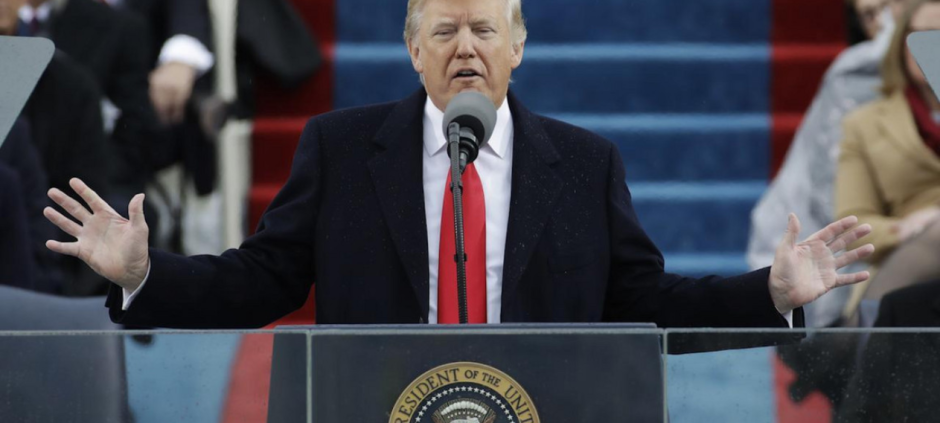In his second inaugural address, President Donald Trump positioned himself as a peacemaker while pledging aggressive actions on national security and foreign policy. In a speech that set the tone for his second term, Trump declared his commitment to restoring American strength and sovereignty, beginning with a controversial vow to “take back” the Panama Canal. Despite the canal’s control being under Panama since 1999, Trump expressed concerns over China’s growing influence in the region, which he argued had violated the original agreement.
Trump’s speech, delivered indoors at the Capitol One Arena due to freezing temperatures, centered on executive orders aimed at curbing illegal immigration. He vowed to declare a national emergency at the southern border and reinstate harsh policies, such as the “Remain in Mexico” rule, alongside deploying military personnel to tackle what he called an “invasion.” His focus on immigration was accompanied by a promise to designate cartels as foreign terrorist organizations and intensify law enforcement efforts against gangs and criminal networks.
Also Read: Historic Changes Await Trump’s Jan 20 Inauguration
Domestically, Trump outlined plans to fight inflation, revive the energy sector, and assert more control over the military, claiming that his administration would restore policies that prevent “radical political theories” from affecting service members. He also reaffirmed his commitment to fossil fuels, pledging to “drill, baby, drill,” as part of a national energy emergency.
Despite these divisive promises, Trump also pointed to recent diplomatic successes, including a ceasefire in Gaza and his ongoing efforts to end the war in Ukraine through compromises, contrasting his approach with that of the Biden administration. Trump’s address, while steeped in rhetoric of American dominance, highlighted a strong stance on nationalism and a desire to reshape both domestic and international landscapes according to his “America First” agenda.











